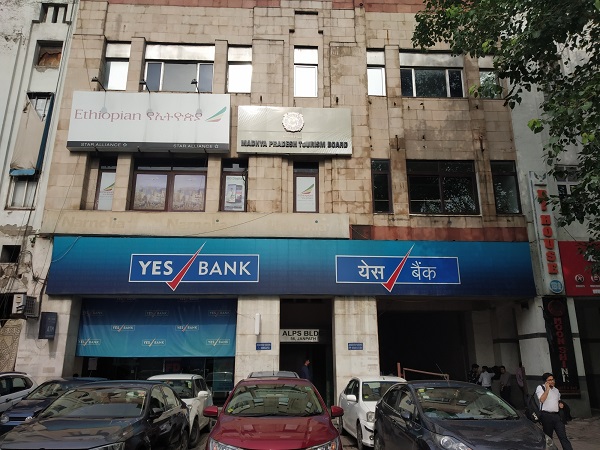Mumbai, Mutual funds have a significant exposure in Yes Bank and they can also be severely hit by the ongoing crisis in the private lender.
Around 32 individual schemes of mutual funds have exposure in Yes Bank debt, amounting Rs 2,847.8 crore as of January 31.
Nippon India Mutual Fund, which has the largest exposure in Yes bank, has said in a statement that it has marked down the value of its investments to zero in bonds issued by Yes Bank. It has imposed a limit of Rs 2 lakh on fresh inflows into the impacted schemes till further notice.
The largest exposure of Rs 637.8 crore is in Nippon India Equity Hybrid Fund (8.11 per cent of its assets), followed by Nippon India Credit Risk Fund at Rs 540.1 crore (10.96 per cent of its assets). In the third place comes Nippon India Strategic Debt Fund at Rs 436.3 crore (21.25 per cent of its assets).
Other schemes from major fund houses like SBI Mutual Fund, Franklin Templeton and HDFC Mutual Fund also have large exposure in stocks or bonds.
Out of the 32 schemes, 28 have exposure of around Rs 2,779 crore towards Yes Bank’s perpetual bonds — bonds with no maturity date — while the rest have exposure of around Rs 68 crore towards the lender’s bonds with maturity date. Perpetual bonds have no maturity date, but pays a steady stream of interest forever.
Rahul Sharma, Business Head at Equity99, said: “Obviously it’s a dent which will impact mutual fund houses like HDFC, SBI and Kotak, which have significant exposure in Yes Bank.”
He noted that several major mutual fund houses have equity exposure in there profiles and the top contributors from the mutual fund industry have to face loss and significant decline in value. Both equity and debt exposure have taken major dent, Sharma added.
The Reserve Bank of India, in its draft reconstruction scheme for Yes Bank, said: “Unless otherwise expressly provided in the scheme, all contracts, deeds, bonds, agreements, powers of attorney, grants of legal representation and other instruments of whatever nature, subsisting or having effect immediately before the appointed date, shall be effective to the extent and in the same manner, as was applicable before the scheme.”
It further said that the instruments qualifying as additional Tier 1 capital, issued by Yes Bank under Basel-III framework, shall stand written down permanently, in full, with effect from the appointed date. This is in conformity with the regulations issued by the RBI based on the Basel framework, the central bank’s draft plan said.
On Thursday, the apex bank placed the private lender under moratorium and capped withdrawal per depositor at Rs 50,000 until April 3.
It also superseded Yes Bank’s board of directors and appointed former State Bank of India CFO Prashant Kumar as its administrator. As per the RBI, India’s biggest bank SBI has expressed its willingness to make investments in Yes Bank and participate in its reconstruction scheme.
The other points of the draft are that all deposits with Yes Bank will continue in the same manner and with the same terms and conditions, completely unaffected by the scheme.
Authorised capital shall stand altered to Rs 5,000 crore and the number of equity shares will stand altered to Rs 2,400 crore of Rs 2 each. The investor bank shall agree to invest in the equity of the reconstructed Yes Bank to the extent that post infusion, it holds 49 per cent shareholding in the reconstructed bank at a price not less than Rs 10 (face value of Rs 2) and premium of Rs 8.










